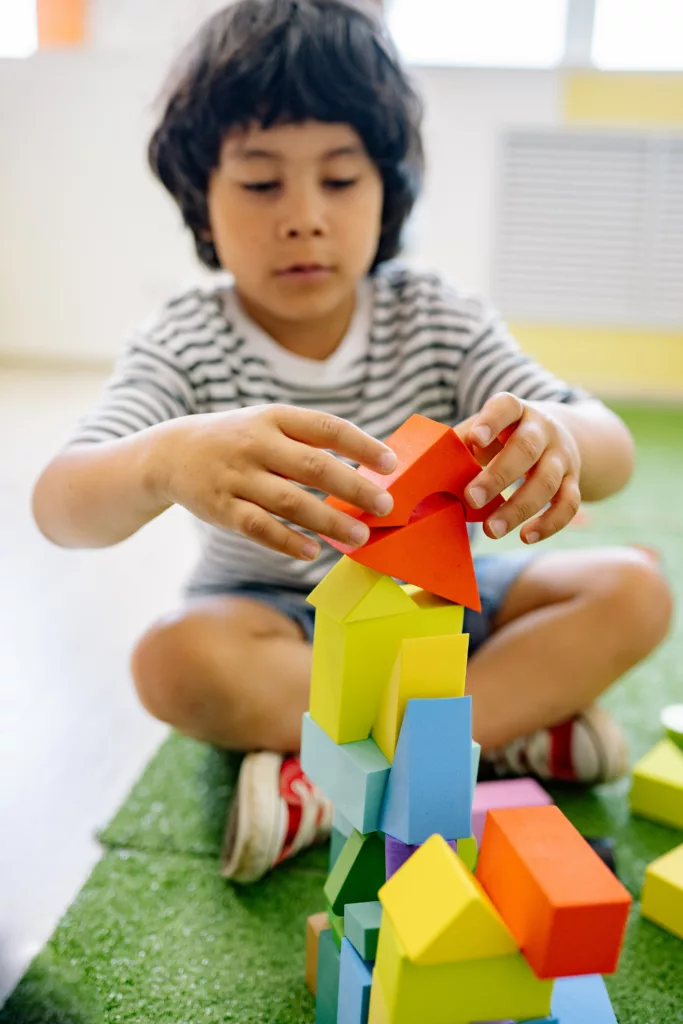Whole-Child, Heart-Centered Care
Supporting Connection, Regulation, and Growth Through Relationship-Based Intervention
Support Beyond Behavior
At Connection Haven, we specialize in supporting children through DIR/Floortime Therapy—a play-based, relationship-centered approach that honors your child’s developmental needs, individual differences, and relational world.
If you’re a parent of a child who is autistic, has ADHD, sensory processing differences, or struggles with emotional or social development, this page is for you.
DIR/Floortime is different. It’s not just about changing behavior — it’s about nurturing who your child is.

Years
Meeting Kids Where They Are
What is DIR/Floortime?
DIR stands for:
Developmental – supporting your child at their current emotional and cognitive level
Individual-differences – recognizing your child’s unique sensory, motor, and communication profile
Relationship-based – using warm, attuned relationships to foster growth and connection
“Floortime” refers to the playful, interactive experiences we create to follow the child’s lead, deepen engagement, and expand emotional and cognitive development—all while honoring who your child truly is.
It’s not just play—it’s purposeful, attuned, and grounded in developmental science.
How DIR/Floortime Helps
- Struggle with anxiety, emotional regulation, or sensory sensitivities
- Are diagnosed with Autism, ADHD, or other neurodevelopmental differences
- Have difficulty with communication, flexibility, or relationships
- Seem withdrawn, rigid, or easily overwhelmed
- Need a holistic, respectful alternative to behavioral therapy
- Build trust and emotional safety
- Improve self-regulation
- Expand communication and interaction
- Strengthen problem-solving and flexible thinking
- Deepen connection with caregivers
DIR/Floortime vs. ABA: What’s the Difference?
At Connection Haven, we believe in connection over compliance. Our therapy respects neurodiversity and looks beyond surface behavior to support the whole child.
| DIR/Floortime | ABA (Applied Behavior Analysis) | |
|---|---|---|
| Focus | Developmental and relational growth | Behavior reduction and skill acquisition |
| Approach | Follows child’s lead; emotionally attuned | Structured, adult-led programs |
| View of Behavior | Communication of unmet needs | Behavior to be modified |
| Style | Play-based, child-centered, flexible | Task-oriented, reward-based |
| Parent Role | Collaborative and active | Often limited to observer |

Years
Playful. Purposeful. Connected.
What DIR/Floortime Looks Like in My Practice
Individual play-based therapy for children (ages 2–14)
Parent coaching to use Floortime at home
Collaboration with teachers, specialists, and schools
Trauma-informed, culturally responsive care
Focus on safety, engagement, and joy
Whether your child is nonverbal or highly verbal, dysregulated or withdrawn — my goal is to build a therapeutic relationship where your child feels safe, seen, and supported.
